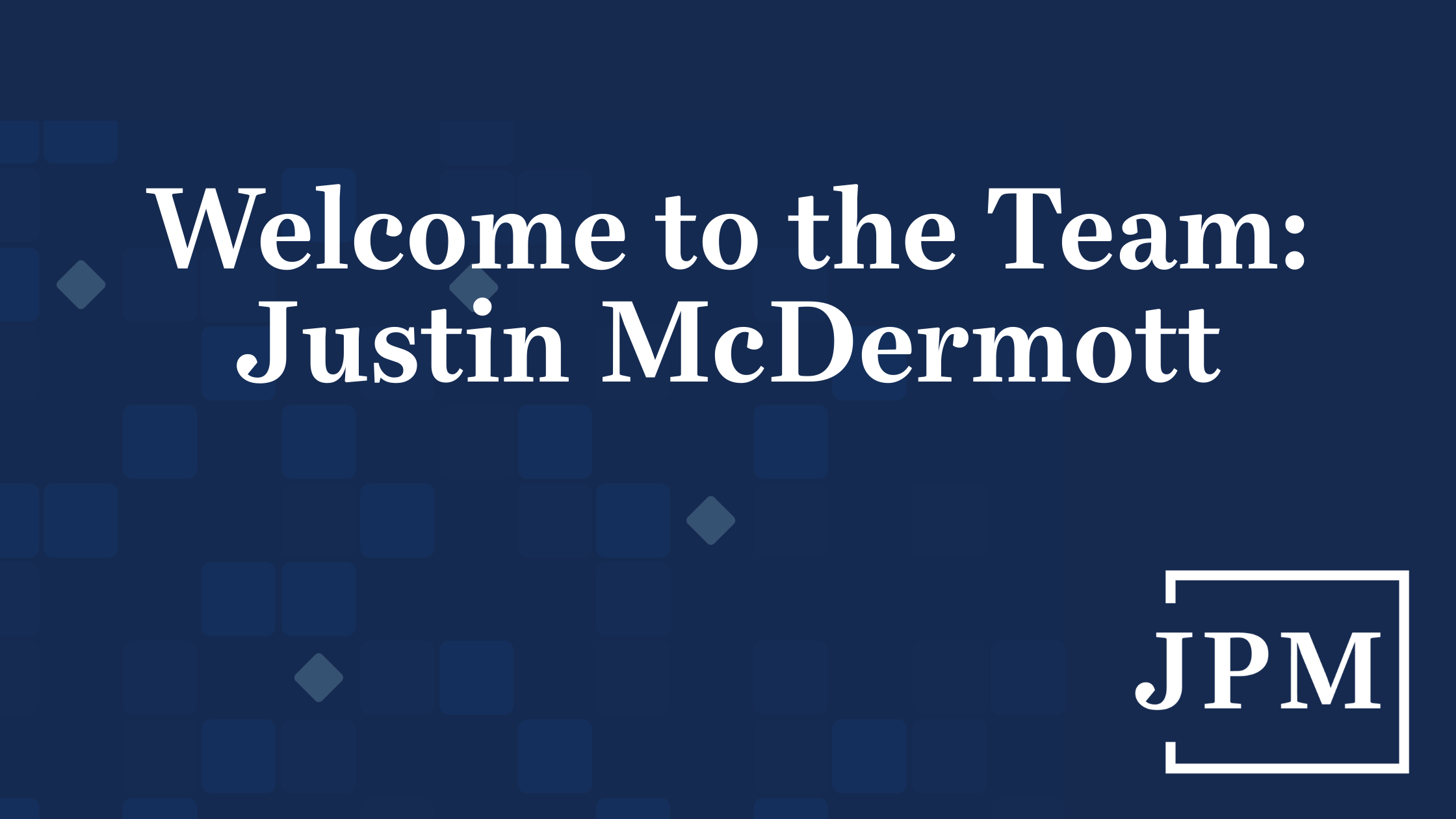
Welcome Our New CFO – Becky Krieger!
We’re thrilled to announce that Becky Krieger has joined the JP Mohler LLC team as our new Chief Financial Officer! Becky brings years of financial leadership experience, a sharp analytical
We help organizations recover overpaid taxes and minimize future taxes.
Curious to discover the hidden taxes you’ve been paying?
Lifetime success rate on all tax strategies
In refunds identified for clients in the last 12 Months
of organizations that come to us, we can help

We’re thrilled to announce that Becky Krieger has joined the JP Mohler LLC team as our new Chief Financial Officer! Becky brings years of financial leadership experience, a sharp analytical

We’re excited to welcome Justin McDermott as our new Project Coordinator! His skills and fresh perspective will be a great asset as we continue to grow and take on new challenges.

Let me start with this: I’m not an AI expert. Like a lot of people, I’ve heard the buzz about how AI is going to revolutionize everything, replace jobs, and
Refund for a Trucking Company
Refund for an architectural company
Refund for a homless shelter
Refund for a non-profit